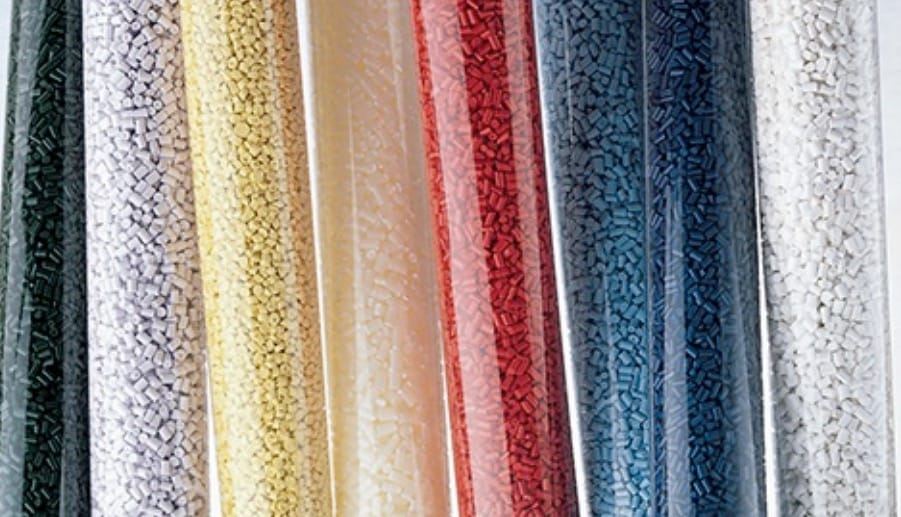
There are literally dozens of 3D printer filament manufacturers these days, but there may be a powerful way for them to take a step up.
Even though most filament sellers are geographically constrained due to shipping costs, it’s still hard to choose between 3D printer manufacturers. Vendors have resorted to different packaging schemes, playing with colors and exotic filaments.
But those approaches are likely not going to cut it as the market shifts towards professionals.
The professional desktop 3D printing market has different objectives than the earlier consumer market, which mostly stalled out in 2015. It was from that market flurry where many of today’s 3D printer filament vendors were generated.
Now professionals seek filaments with particular engineering properties, not different shades of color, nor amusing composite products like coffee-infused filament.
The problem is that the filament manufacturers may not have the capability to produce such plastic. Most of them simply purchase raw pallets of pellets from a plastic manufacturer and extrude them into quality filament.
Leading 3D printer filament vendors, such as colorFABB recognized this early and arranged a partnership with a large chemical company to provide them with customized resin from which they could make unusual and effective 3D printer filament products.
We’ve also seen Verbatim release an extensive line of 3D printer filaments, based on their Mitsubishi’s vast collection of patented plastic resins.
Now there’s another one to add to the list: Germany-based Advanc3D Materials has struck a partnership with US-based Trinseo to reuse some of their industrial plastics to produce 3D printer filament.
Trinseo, if you don’t know, is a major chemical company that was originally a unit of Dow Chemical until it was spun off in 2010. The now USD$3.7B company offers a very wide array of different plastics used in a great many industries.
And one of them is now 3D printing.
The deal with Advanc3D Materials involves four particular resin families:
- MAGNUM™ 8391 MED ABS Resins
- MAGNUM™ 3453 ABS Resins
- MAGNUM™ 3904 ABS Resins
- EMERGE™ 7700 Advanced Resins
The benefit to Advanc3D Materials is that many of these products are already certified with regulatory agencies for iocompatibility testing, FDA food contact compliance and ignition resistance.
These are critical properties for some filament buyers. If the 3D print application requires ignition resistance, for example, that will immediately chop off a massive number of filament products from the shopping list.
This is a way for Advanc3D Materials to take another big step into professional 3D printing, as it would put their products ahead of many others when considering these features.
My question is whether other 3D printer filament manufacturers will be eventually forced into partnership with larger chemical companies to obtain similar capabilities? If so, it may prove challenging if there are exclusivity agreements with the early adopters.
Things are changing in the 3D printer filament market.
Via Trinseo and Advanc3d Materials

